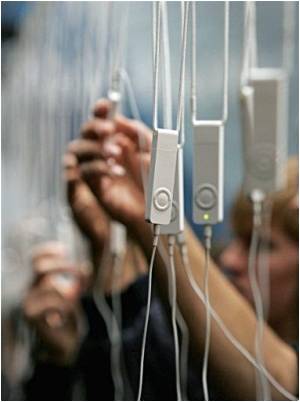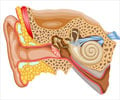Failures in clinical communication are considered to be the leading cause of medical errors as older adults lose their ability to hear properly.

‘As we get older we lose our hearing. Age-related hearing loss has a negative effect on clinical communication across both hospital and primary care clinical settings.’





A previous study reported that improved communication between the medical teams and families could have prevented 36 percent of medical errors. Colm M. P. O'Tuathaigh, B.A., Ph.D., of University College Cork, Cork, Ireland and colleagues conducted an analysis of interview data collected in 100 adults 60 years and older to examine communication breakdown in hospital and primary care settings among adults reporting hearing loss. Of these adults, 57 reported some degree of hearing loss; 26 used a hearing aid device. Of the 100 adults, 43 reported having misheard a physician, nurse or both in a primary care or hospital setting. When asked to elaborate on the context of mishearing in a clinical setting, the scenarios included (in descending order of citation frequency): general mishearing, consultation content, physician-patient or nurse-patient communication breakdown, hospital setting and use of language.
"This qualitative analysis confirms that age-related hearing loss has a negative effect on clinical communication across both hospital and primary care clinical settings," the authors write. "We recommend that content-related and setting-related factors identified as barriers to communication in adults with hearing impairment be incorporated within a patient-centered approach to clinical communication with this patient population."
Source-Eurekalert















